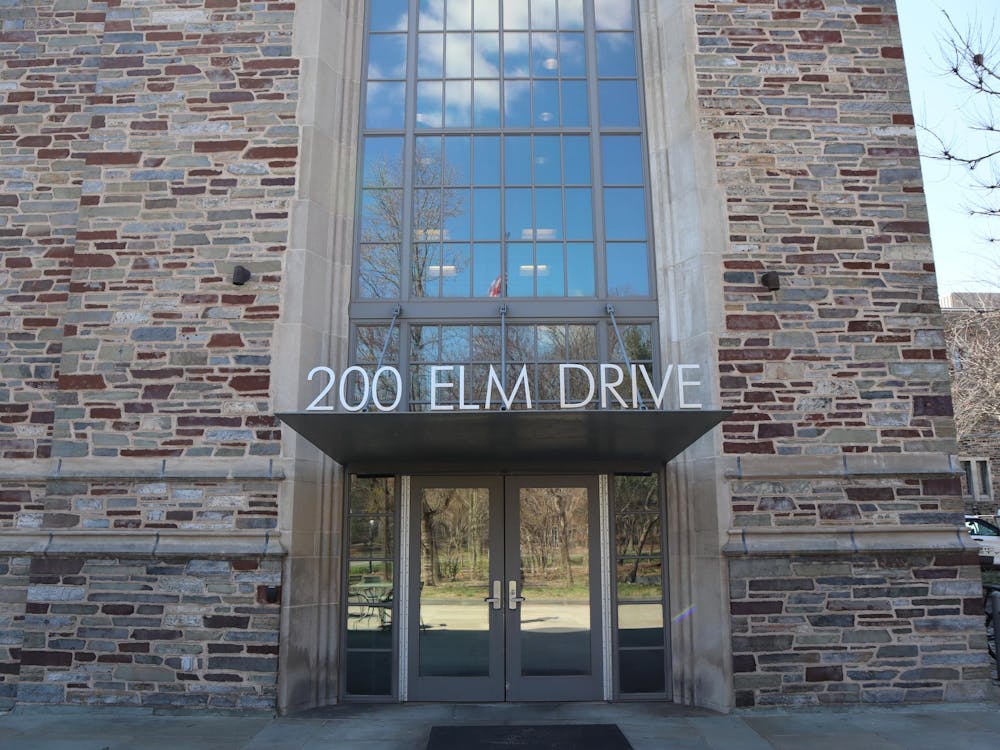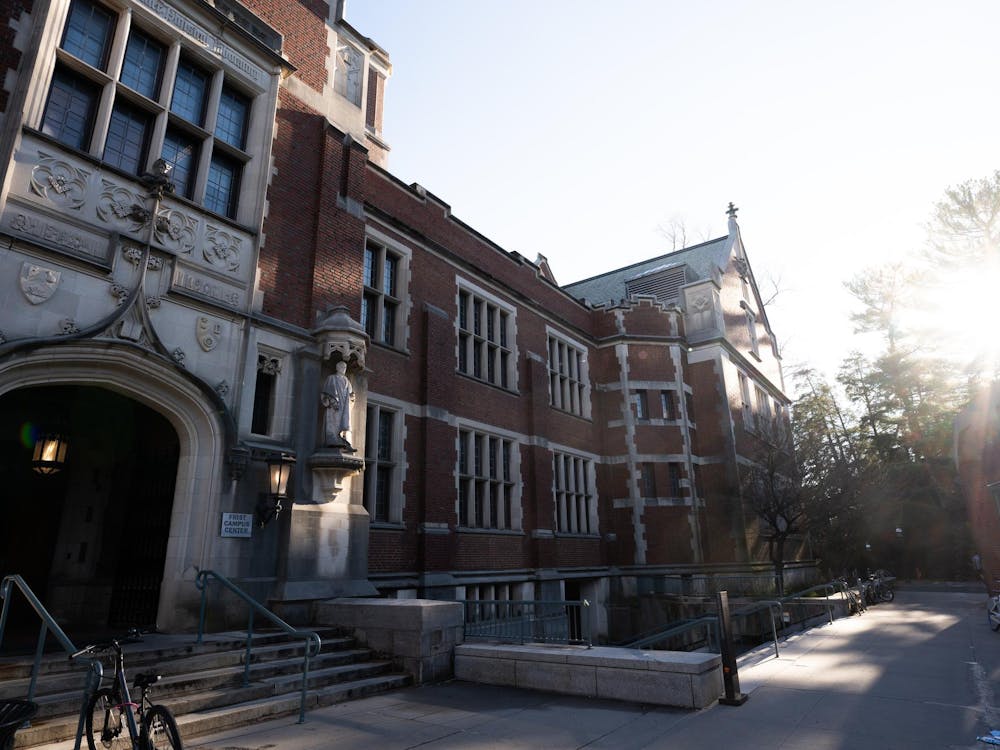The University’s tax-exempt status generated more than $100,000 per full-time equivalent student in taxpayer subsidies in 2013, according to an estimate from a study from the Nexus Research and Policy Center.
A full-time equivalent student is a unit that denotes either a full-time student or a number of part-time students whose course loads add up to a full course load.
In contrast to the University, the figure was $12,000 per student at Rutgers,$4,700 per student at Montclair State University and $2,400 per student at Essex County College.
The study, called “Rich Schools, Poor Students: Tapping Large University Endowments to Improve Student Outcomes,” recommends that Congress repeal the exemptions from taxation that very wealthy, private, not-for-profit educational institutions receive. Specifically, the authors Jorge Klor de Alva and Mark Schneider suggest an excise tax on private colleges’ endowments of more than $500 million.
The study also says the proceeds from the tax could be a way to pay for President Barack Obama’s proposed tuition-free community college plan,which requires around $6 billion annually.
However, while the revenue from the tax could help to fund Obama's proposal for free community college, Klor de Alva, a former professor of anthropology at the University, said this was not the purpose of the proposed tax.
"Free community college is already available to most people in need," he explained. "What we did focus on was the great need for additional funding able to support the kind of proven success measures, particularly student services, that would permit students to actually complete their work, not to just increase the number of students in college, but to help them complete their educational goals."
Klor de Alva said some money from the wealthiest institutions should go to the institutions that need it most.
Schneider was not available for comment.
The tax would not affect tax deductions for individual gifts to the institutions, and the amount of the endowment used to calculate the tax would be reduced by the amount schools dedicate to financial aid.
Private universities are not necessarily private when one compares highly and moderately endowed institutions topublic flagship, regional and community colleges, in terms of tax exemptions and appropriations received per student, the study notes.
Subsidies increase as the enrollment of low-income and middle-class students decreases, the study notes.

Joyce Rechtschaffen '75, the University’s director of government affairs, said advocacy groups often propose taxing university endowments to access funds that were provided to universities for the purpose of supporting the university’s educational and scholarly missions.
“At Princeton, earnings on the endowment pay for about half of our operating budget, including many of the costs of our financial aid policy that supports 60 percent of our student body and allows students from families with incomes up to $140,000 to pay no tuition and allows all students to graduate debt-free,” she said. “They also help support programs that investigate the causes of cancer, seek to develop alternative sources of energy, discover new insights into the classics, aim to improve international understanding and in many other ways contribute new ideas and new technologies that serve the public good.”
The study’s proposal aims to divert funds from their intended use, Rechtschaffen said. She added that if such a policy were adopted, it would reduce the resources available to Princeton and to other universities, which in turn would require them to either cut back on their programs, increase their charges to students or both.
Barry Toiv, vice president for public affairs for the Association of American Universities, which represents elite research institutions, said endowments of colleges and universities are not taxed because the not-for-profit institutions perform missions on behalf of society like education, research and community service.
“If you tax them, then those missions suffer,” Toiv said.
Instead of taxing institutions of higher education to ensure that people are able to attend community colleges, state governments should restore the financing of public colleges and fund federal financial aid at an appropriate level, he added.








